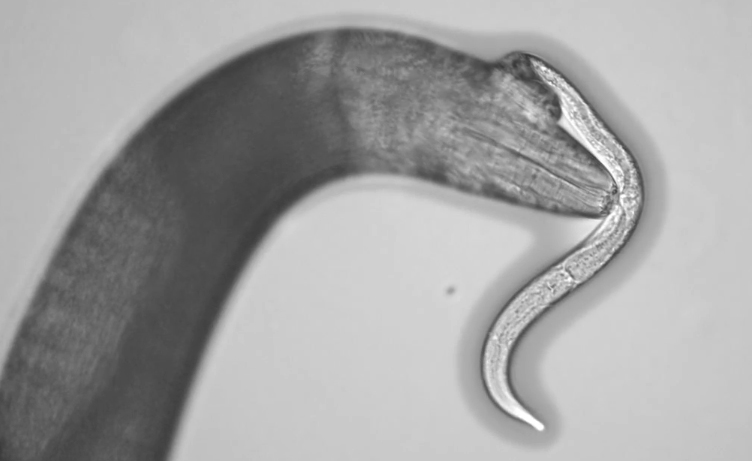Benefits of Predatory Nematodes in Soil
Predatory nematodes are small, soil-dwelling roundworms that feed on other nematodes, as well as on other soil-dwelling organisms such as insects, mites, and even small plant roots. They are a natural and beneficial component of the soil ecosystem and can help to control pest populations and improve soil health.
Here are some ways in which predatory nematodes can contribute to a healthy soil ecosystem:
- Controlling pest populations: Predatory nematodes can help to control populations of harmful nematodes, such as root-knot nematodes, which can damage plant roots and reduce crop yields. By feeding on these pest nematodes, predatory nematodes can help to reduce their populations and protect plants from damage.
- Improving soil health: Predatory nematodes can also help to break down organic matter in the soil, cycling nutrients and improving soil structure. They can also help to control other soil-dwelling pests, such as insect larvae and mites, which can have negative impacts on plant growth and health.
- Increasing biodiversity: Predatory nematodes are part of the soil food web, and their presence can help to support a diverse and healthy soil ecosystem. By feeding on other soil-dwelling organisms, they contribute to the cycling of nutrients and the maintenance of soil fertility.
In summary, predatory nematodes are a natural and beneficial component of the soil ecosystem. They can help to control pest populations, improve soil health, and increase biodiversity. They are often used as a biological control agent in agriculture and horticulture, as they can help to reduce the use of chemical pesticides and promote sustainable farming practices.



